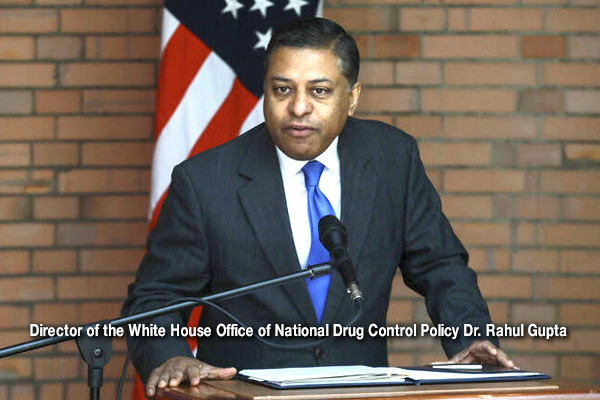AUDIO – OBSERVING THE TRACKS –
Dec. 8, 2022 – The website also won’t include information from hospitals, schools, businesses non-profits and academic programs that collect non-fatal overdose information.
“This does not include every part of all the overdoses that occur,” Gupta said. “This is the beginning of a system build-out.”
He said the data collection system would improve over time. Despite its limitations, some addiction experts praised the new program.
“I think it’s a big step and an important first step,” says Erin Artigiani with the Center for Substance Abuse Research at the University of Maryland. “I think it’s crucial to have complete and relatively real-time data. That’s something researchers and policy-makers alike have been talking about for some time.”
The stakes for this initiative are high. A study released this year by the medical journal the Lancet predicted the U.S. will see another 1.2 million opioid overdose deaths by the end of this decade.



